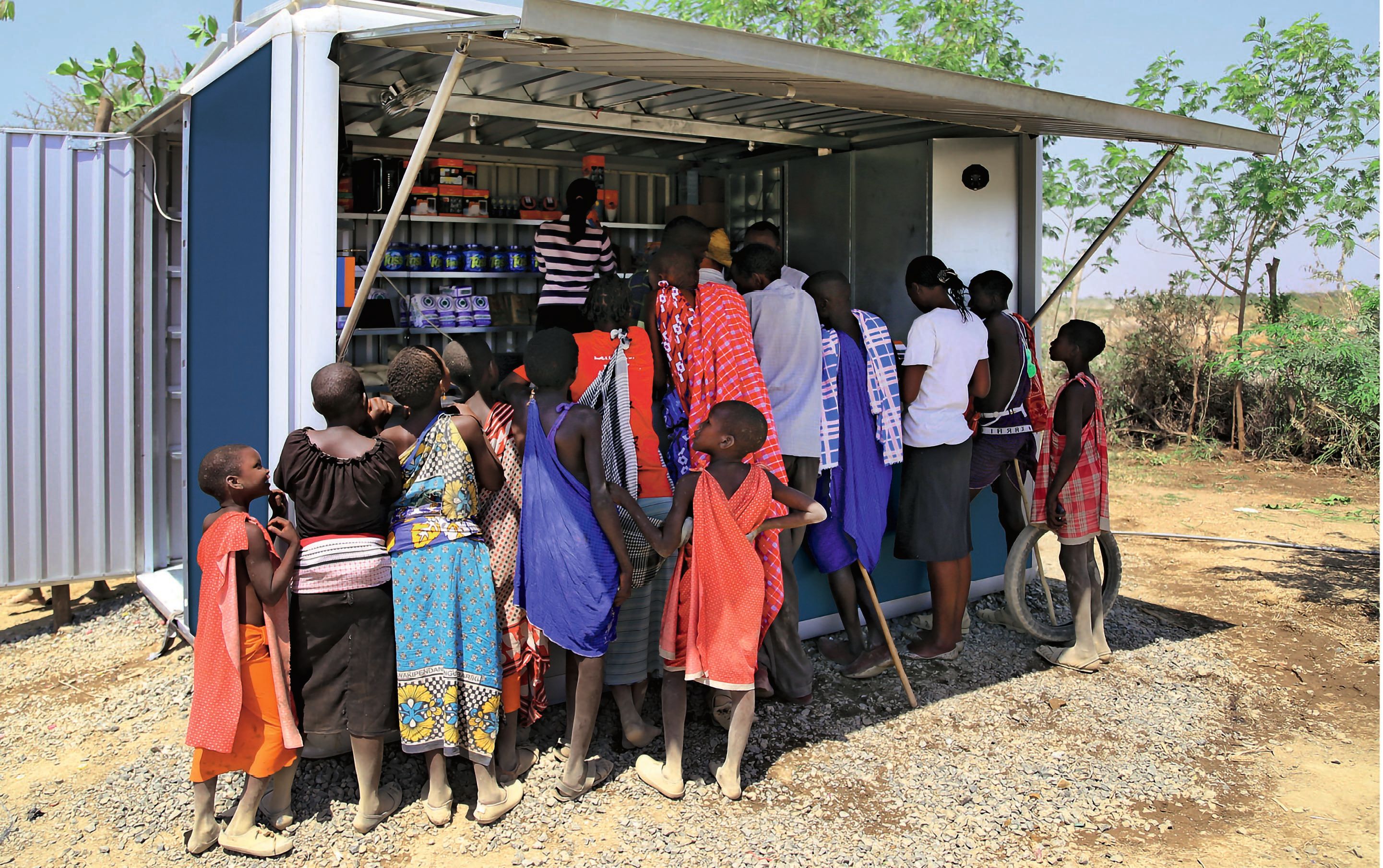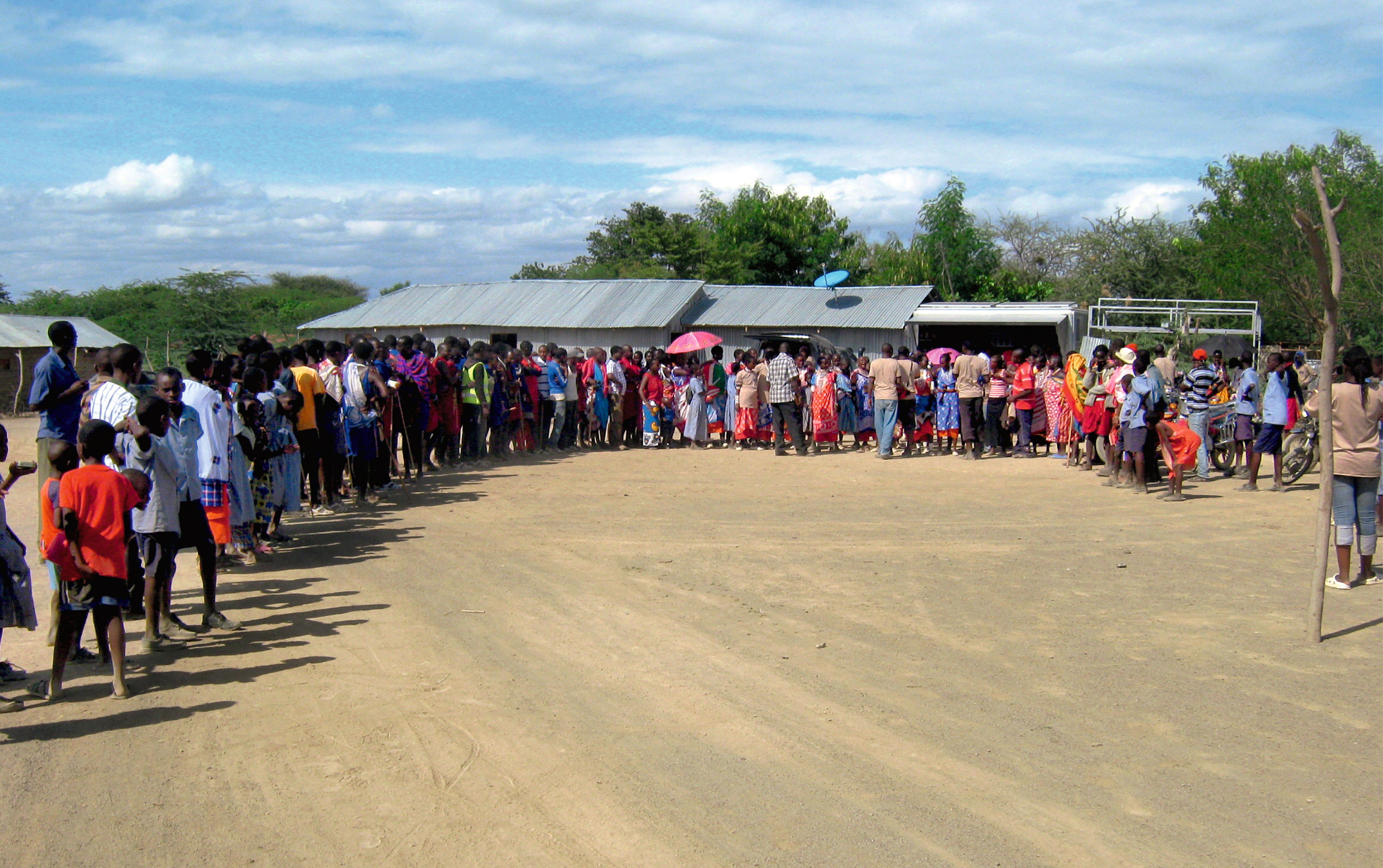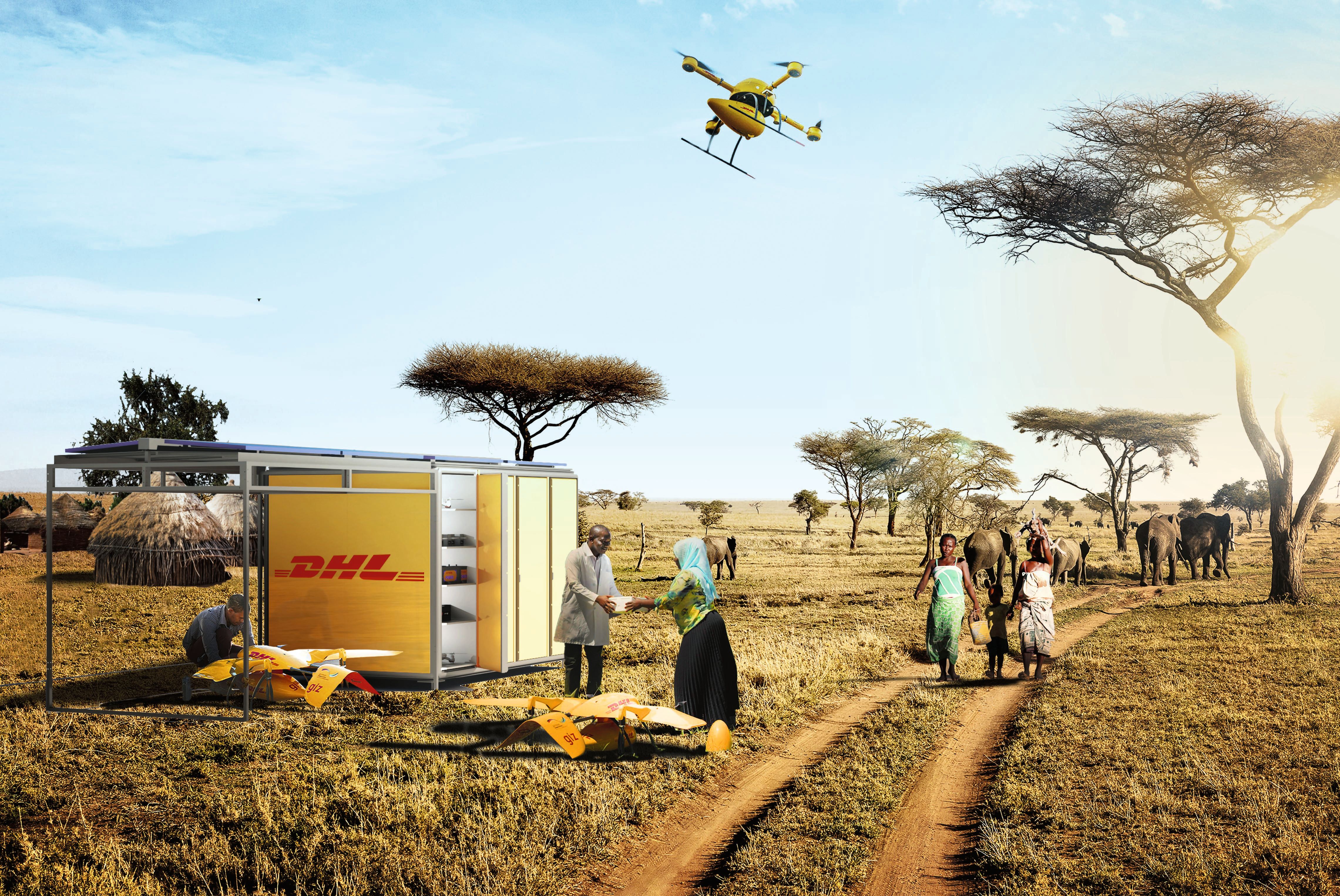
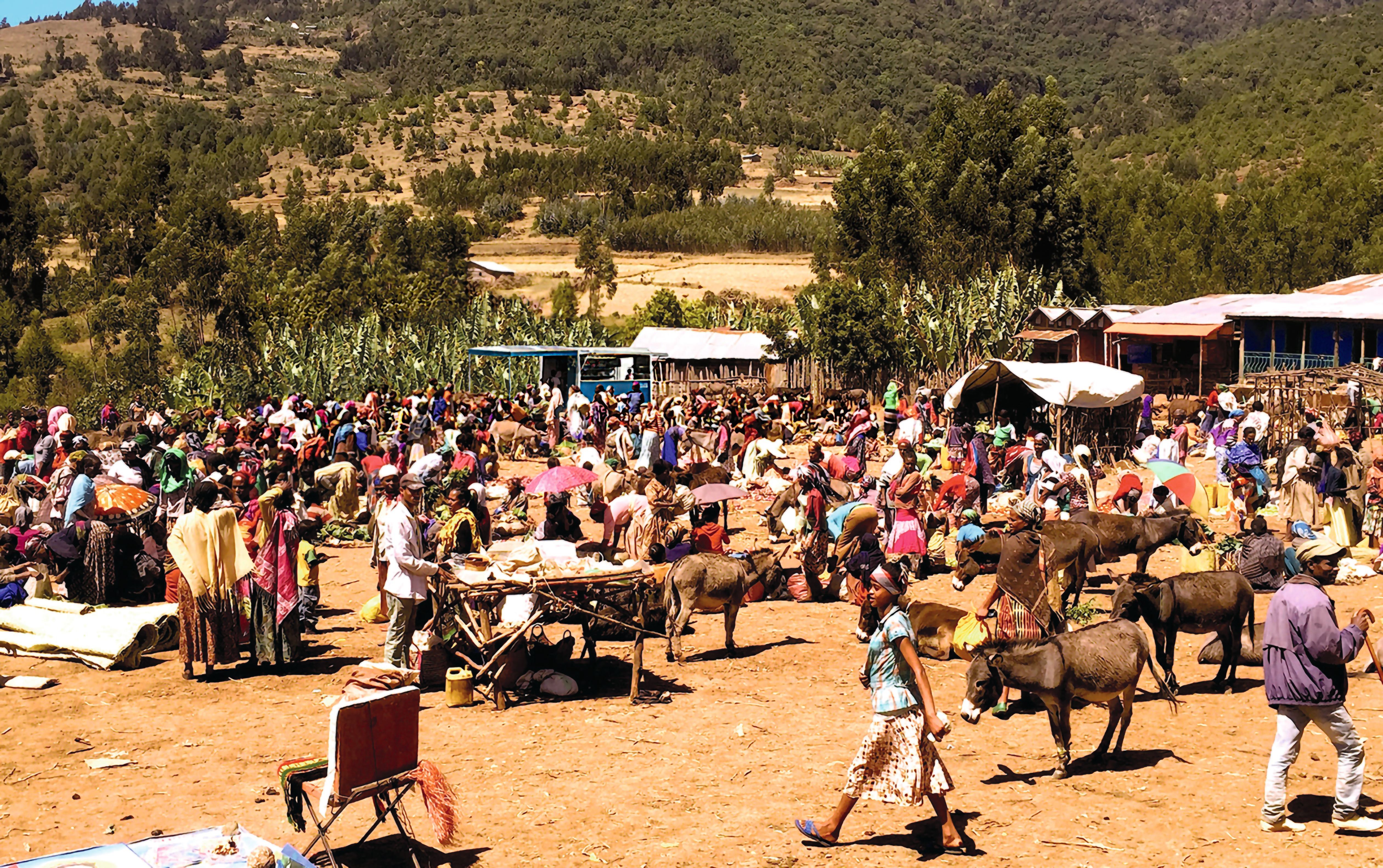
For approximately 16% of the world’s population, most social and economic activity effectively ceases with nightfall. Worldwide, around 1.5 billion people live without electricity—600 million in Africa alone. Ironically, these “off-grid households” spend an average of 40% of their income on alternative, non-sustainable sources of power, such as kerosene, diesel generators, charcoal and dry-cell batteries—a significant hazard for health and environment.
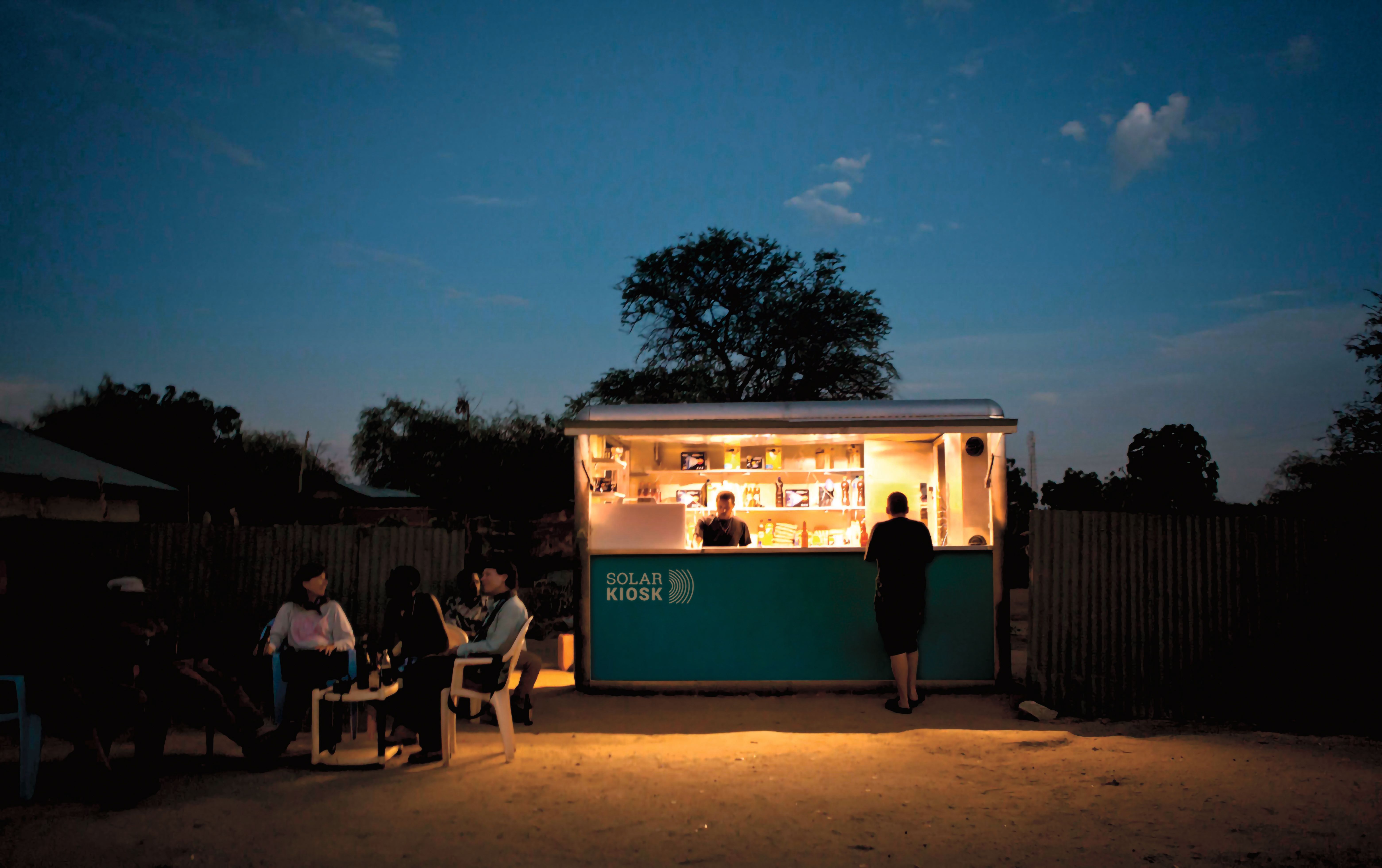
To have any chance of being part of future global developments, remote communities in Africa need affordable and clean sources of energy and reliable infrastructure systems. With SOLARKIOSK, GRAFT and Andreas Spiess have developed an infrastructure instrument that creates an ecological and economic impact from the bottom up. The kiosks give local people the opportunity to acquire new skills and gain economic stability, safeguard their health and the environment and gain access to modern technology and communication. While the electrical components are procured and pre-assembled centrally to ensure quality and durability, all other materials can be manufactured and assembled locally. SOLARKIOSK has established local manufacturing sites in Ethiopia, Kenya and Ghana, covering both East and West Africa.
Operating SOLARKIOSKs in a vast number of countries and designing the required technological solutions as an inclusive business model that provides energy, connectivity, and communication even in remote regions, GRAFT gained in-depth insights into what is needed to increase access to essential services and promote development in isolated locations. GRAFT is currently rethinking the business model, providing autonomous energy solutions and space to clients such as drone providers, refugee camps, health stations, schools, and other services.
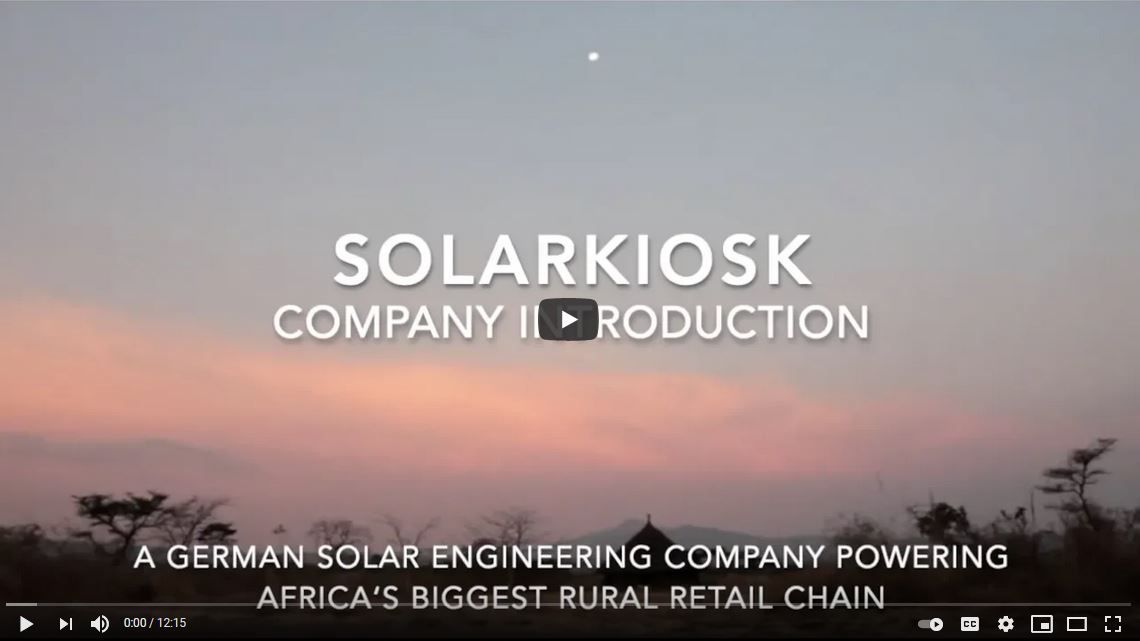
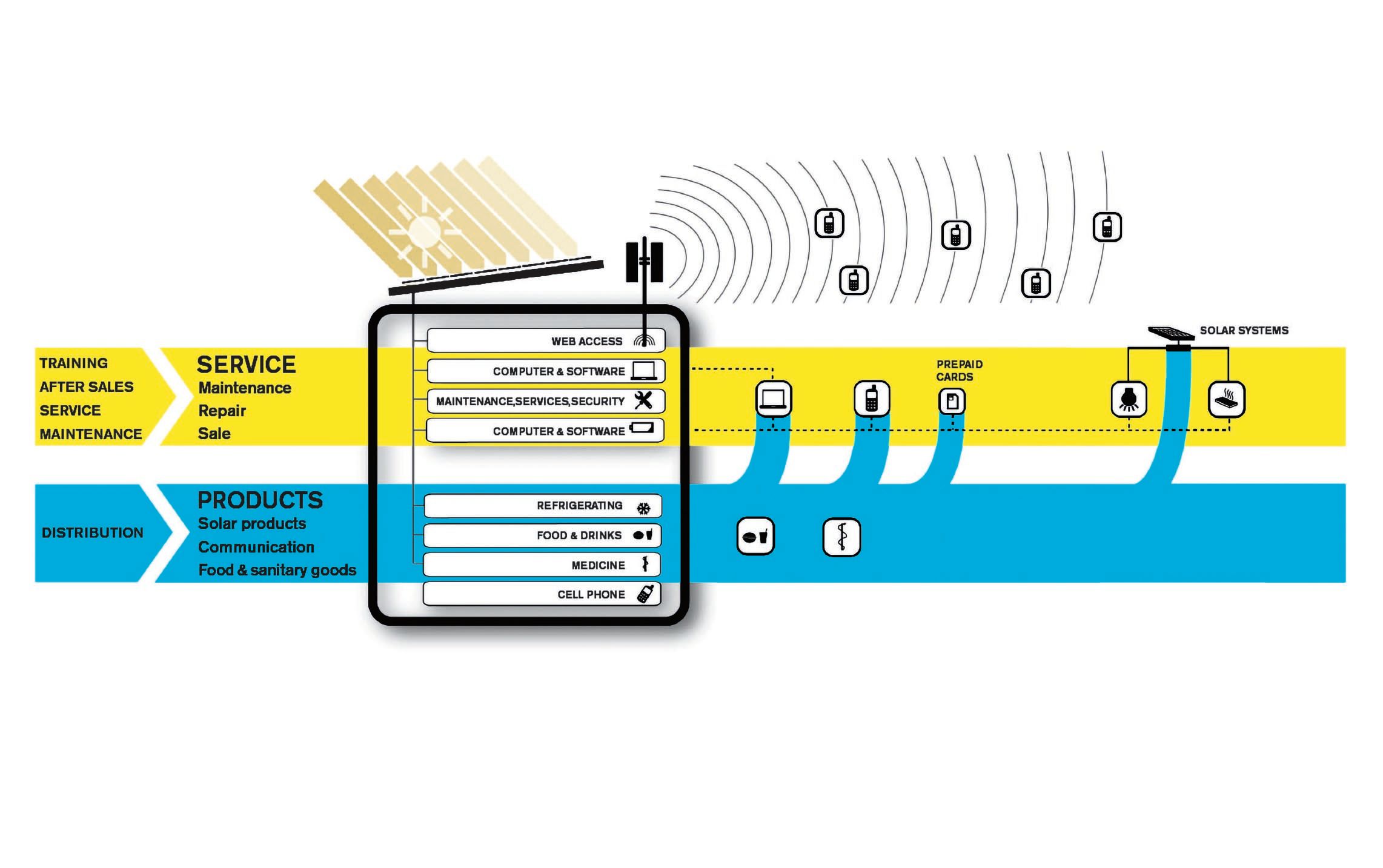
At the African Drone Forum in Rwanda in early 2020, GRAFT and DroneMasters presented a new concept that would enable the fast and easy implementation of a decentralized drone, energy and education network. The idea is to link the existing functions of the SOLARKIOSK with a drone infrastructure to increase rural connectivity in Africa.

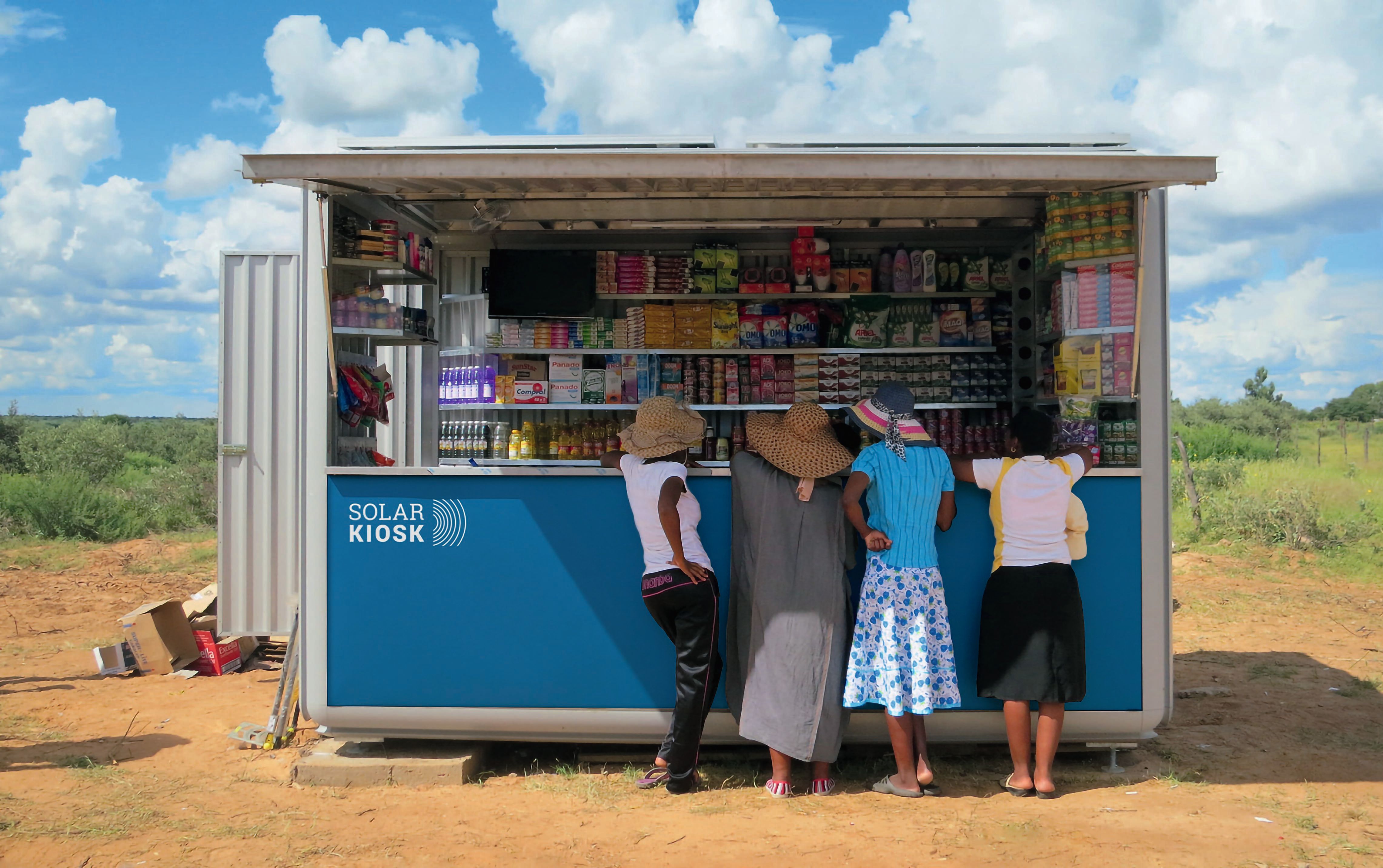
The GRAFT Energy Drone Hub network is geared towards direct cooperation with local people. Besides providing clean solar energy, the hubs serve as charging, take-off, and landing platforms for delivery drones, creating a resilient, decentralized network with an enormous range that even encompasses far-off and underdeveloped regions, thus tackling the problem of last-mile distribution. Connected off-grid communities form larger networks with extended educational and medical functions.
With the energy and the technology already on-site, the GRAFT Energy Drone Hubs unleash the potential for exploring and researching what prospective infrastructural systems based on drone technology might look like.
